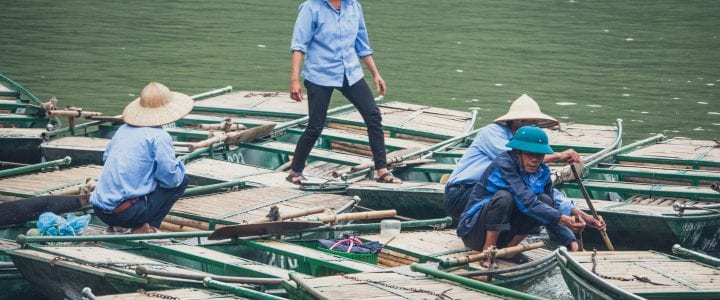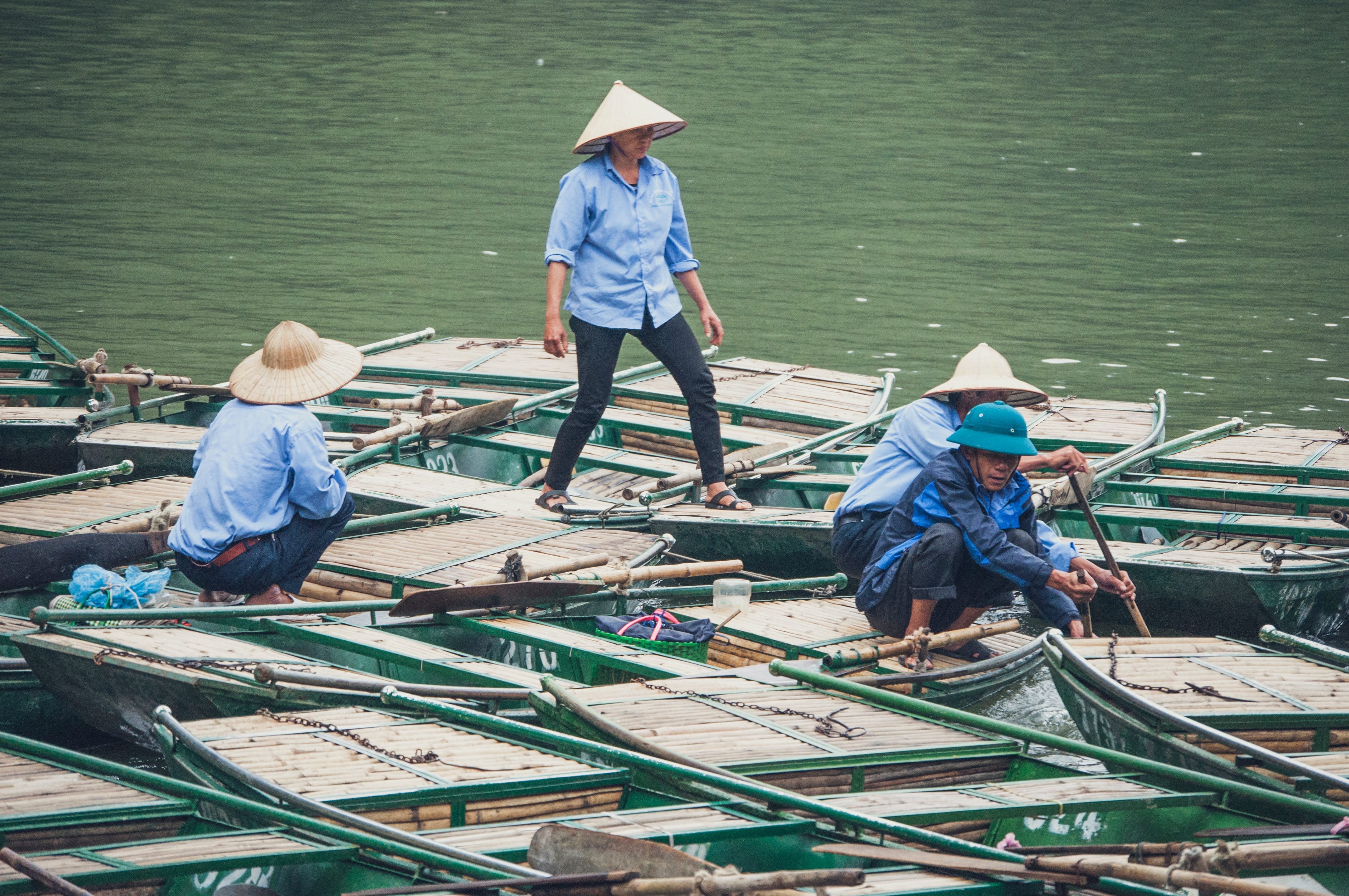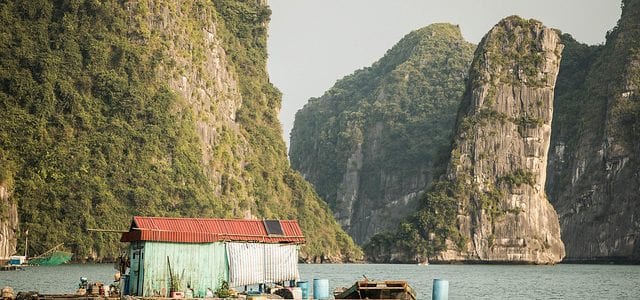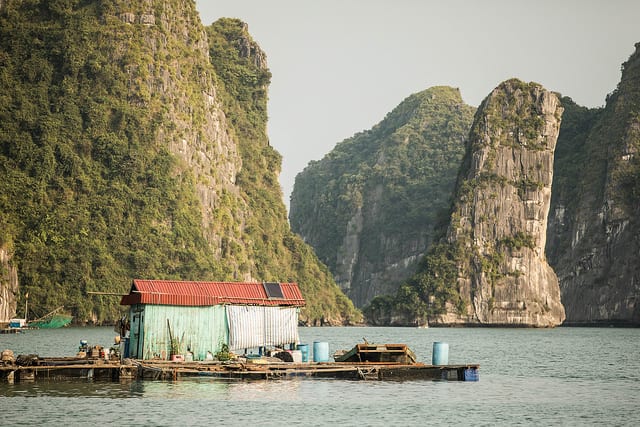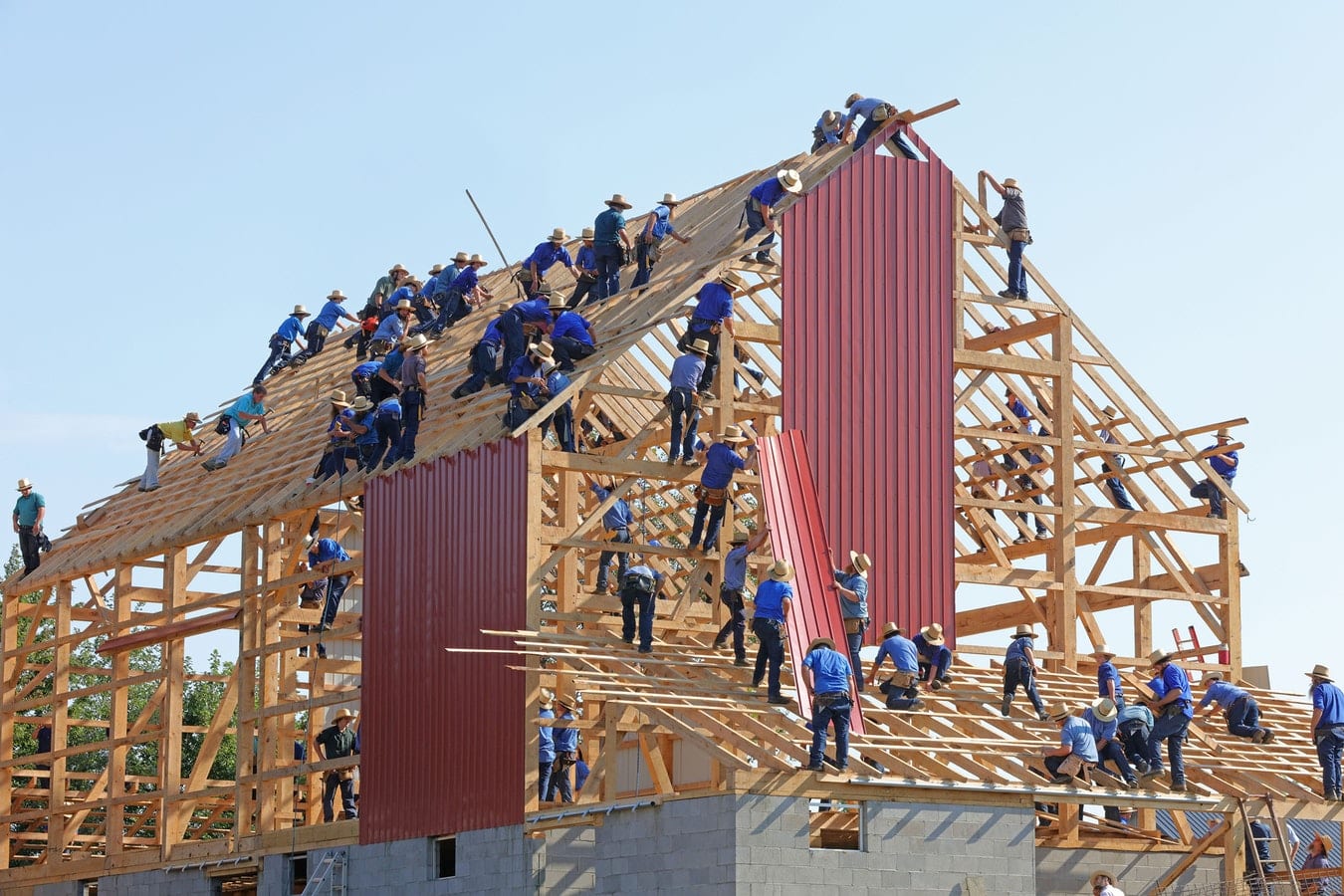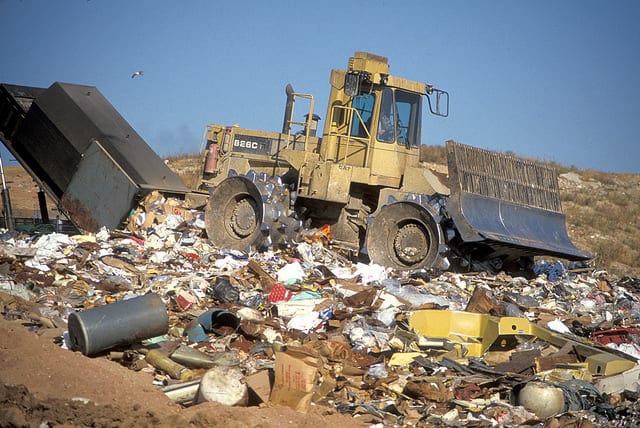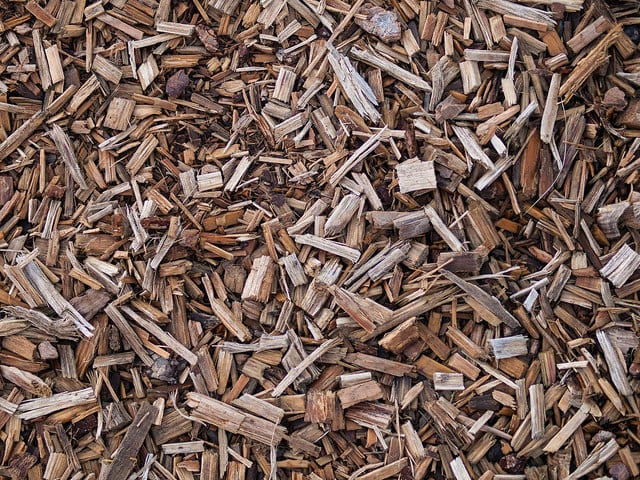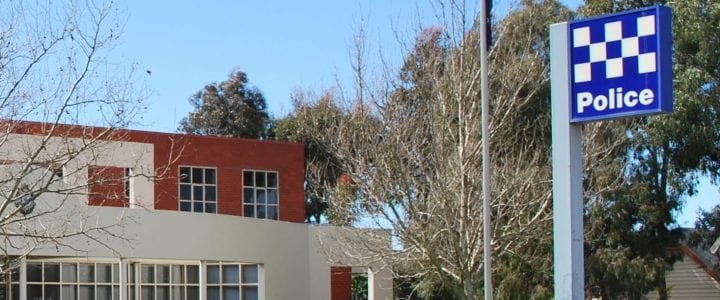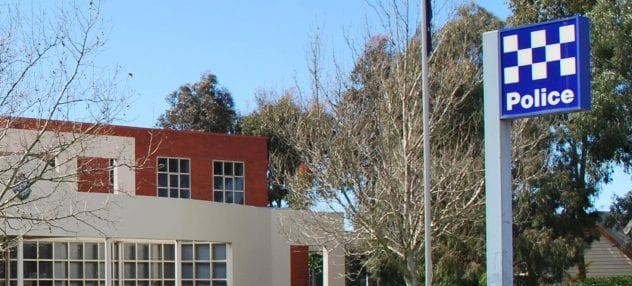Project title: Visualisation of Waste Data from Transfer Stations to Landfill Facilities
Industry partner: Sustainability Victoria (SV)
Sustainability Victoria supports Victorians to be more sustainable in their everyday life; in homes and in jobs, schools and communities and in the systems and infrastructure that support a thriving Victorian economy and lifestyle. SV aims to improve the way Victoria manages its resources and help communities to take action on climate change. SV provide expert advice and guidance in energy, materials and waste. SV conducts research and demonstrate what is possible and inspires people to make sustainable change above and beyond legal requirements.
SV has some flow data from transfer stations to landfill facilities and reprocessing facilities such as paper recycling facility, steel recycling facility, etc. The aim of this project is to show how much material flows (in tonnes) from a particular transfer station to a final destination (re-processor or landfill) on a monthly/annual basis.
The visualisation would need to show:
- journey to final destination from originating destination for the different material types;
- flows of material in a specific local government area (LGA);
- flow of material in a specific waste region (i.e. collection of LGAs);
- flow of material in Victoria;
- time as a variable to show flow of waste material and quantities (in tonnes);
- estimated stockpile quantities for a facility;
- estimated capacity of landfill sites as they are being progressively filled with waste material.
The student(s) would need to undertake some review to see what is currently available for this type of visualisation or alternatively build something that would be able to visualise this type of data.
The data would be in excel spreadsheet and it would be test data at this stage.
Eligibility:
Analytics or Data Science students
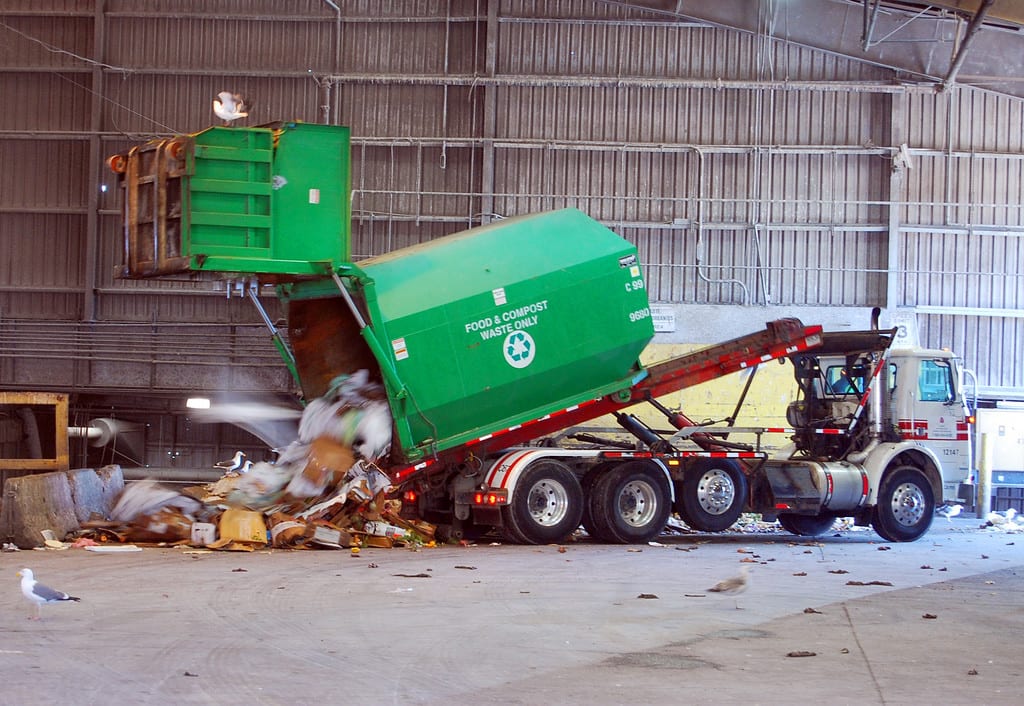
Photo: https://www.flickr.com/photos/telstar/2428941689/

